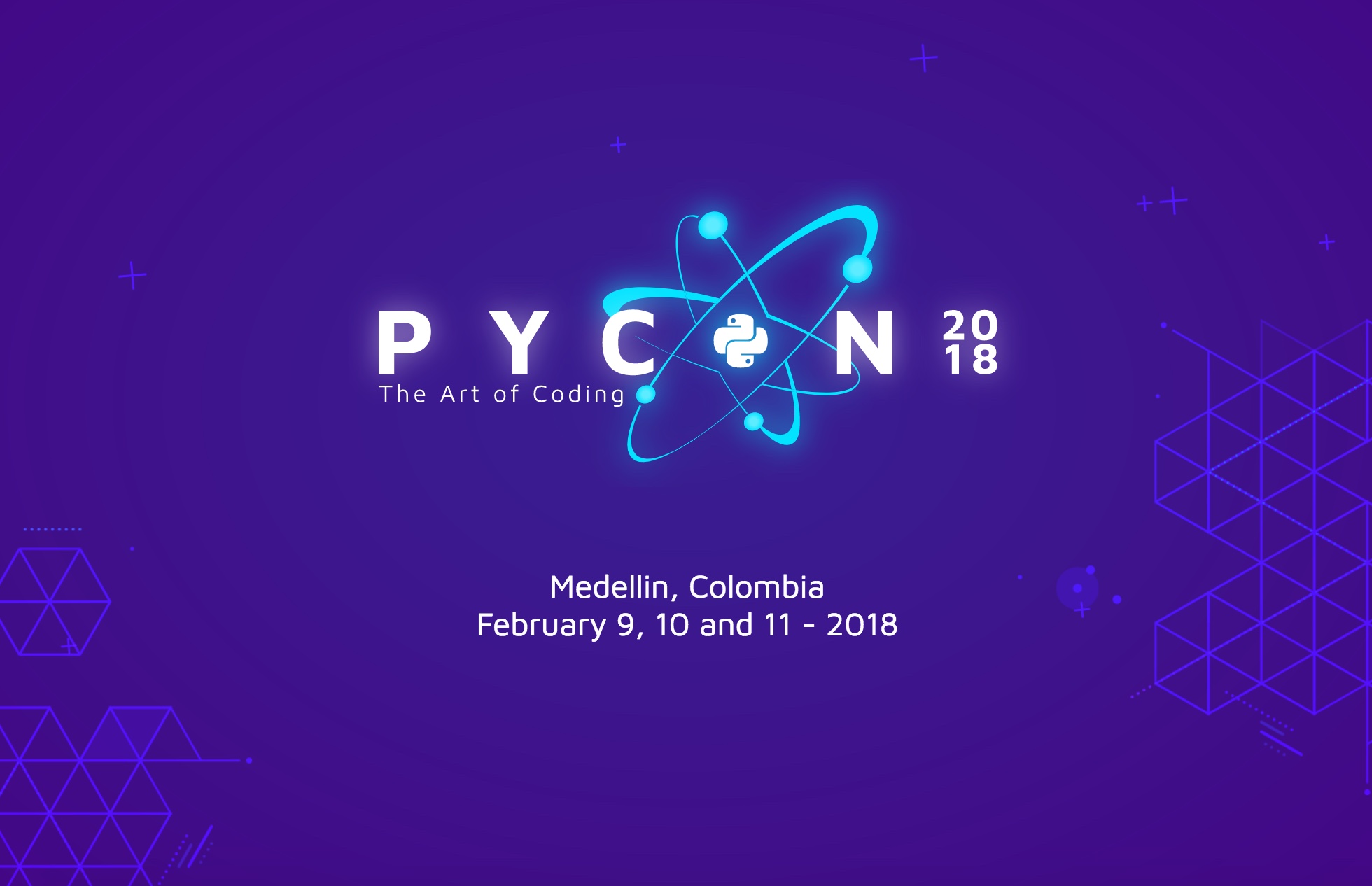Talk
Introduction to Recommendation Systems (English)
- Location:
- Hall Fundadores
- Date and time:
- Saturday 10, 11:10
- Authors:
- Manuel Ignacio Franco Galeano (Colombia)
- Slides:
- introduction-to-recommendation-systems.odp
- Summary:
Recommendation systems are everywhere. For example, when our social network invites us to connect with other users, or when our subscription music service suggests new content. All these systems share some basic principles that we will review in this talk.
- Description:
In this talk we will analyze the basic aspects of the functioning of the recommendation systems. The talk is divided into 5 parts:
Introduction (10 minutes)
We will begin by briefly discussing the origins and business opportunities that have generated the expansion of recommendation systems. We will analyze the main advantages from the point of view of companies and users.
- A case of the real world (The Amazon effect).
- Anatomy of the long tail (Long Tail)
- Content-based recommendation.
- Collaborative filtering.
- Hybrid systems.
- Conversational Recommendation.
[nt-recommend] (https://github.com/maigfrga/nt-recommend): Python-based Didactic Framework3 For Learning Systems Recommendation (10 minutes)
Collaborative filtering. (15 minutes)
Recommendations based on users.
- User ratings.
- User ratings matrix.
- Average rating.
- Similarity between users.
- Neighborhoods of similarities.
- Generating predictions.
- Pros and cons of collaborative filtering based on users.
Improving similarity computation.
- Calculation of similarity based on cosines.
- Pearson's correlation coefficient.
Improving the calculation of predictions
- Resnick prediction formula
- Weighting of values.
- Vote by default.
Prediction of Ratings vs Recommendation of Top N Items
Evaluation of Systems Based on Collaborative Filtering.
- Random Sub-Sampling (Repeated Random Sub-Sampling).
- Cross-validation K-Folds (K-Fold Cross Validation).
- Leave one out (Leave-One-Out).
Metrics for prediction.
- Mean squared error (MSE).
- Square root of medium squared error (MSE).
- Coverage.
Conclusions (5 minutes)
- Information sources.
- Netflix Award
